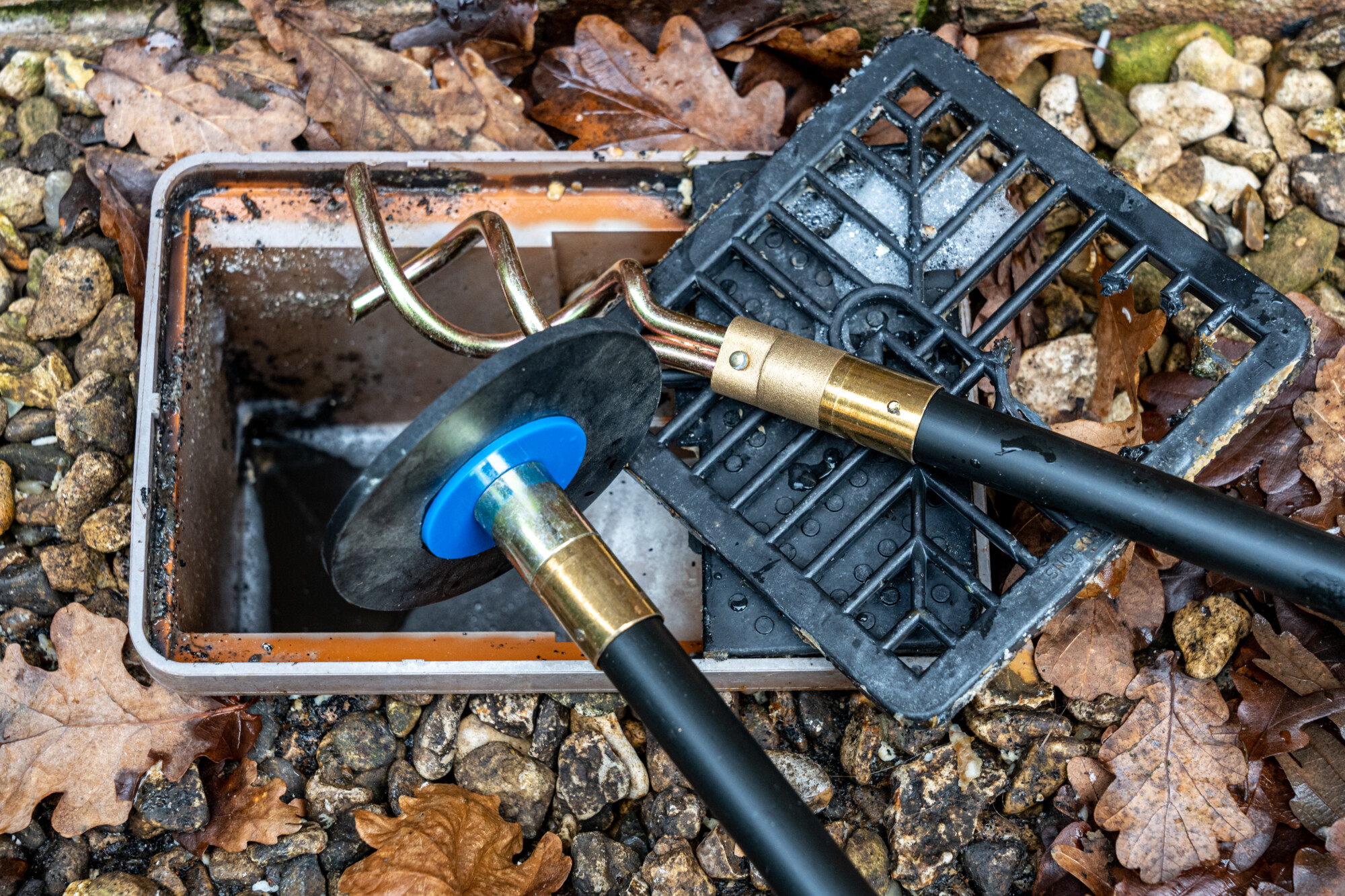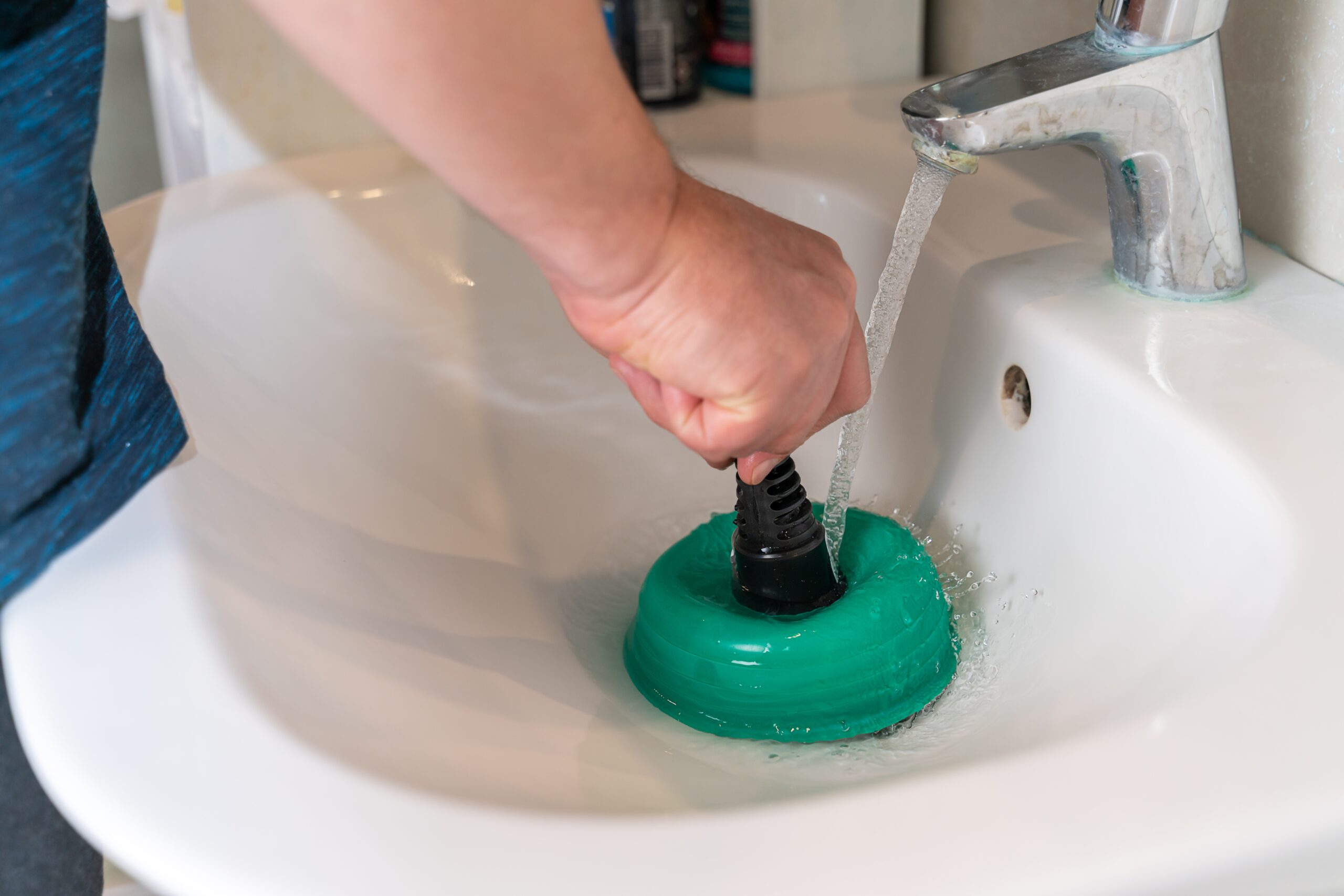How do you feel when it comes to Tips for Dealing with Clogged Drains and Sewer Lines?

Introduction
Taking care of an obstructed drain can be a discouraging experience, disrupting day-to-day activities and possibly triggering damages to your building. Nevertheless, prior to reaching out to plumbing experts, there are steps you can require to attend to the concern on your own. In this overview, we'll explore DIY services and safety nets to deal with a blocked drainpipe effectively.
Identifying the Problem
The primary step in addressing a blocked drainpipe is identifying the signs. Slow drainage, gurgling sounds, foul odors emanating from drains pipes, or water support up are common indicators of an obstructed drain. Identifying these signs early can aid stop better difficulties.
Typical Reasons For Obstructed Drainpipes
Comprehending the aspects that contribute to drain clogs is important for effective resolution. Common culprits include hair, soap residue, oil, food particles, and foreign objects like hygienic items or paper towels. Tree origins attacking below ground pipelines can additionally create substantial clogs.
Do it yourself Solutions
For minor blockages, several do it yourself options can be reliable. Pouring boiling thin down the drain can aid dissolve grease and particles. Sodium bicarbonate and vinegar or a combination of salt and baking soft drink can act as all-natural cleaners. Using a plunger or plumbing serpent to remove blockages is one more option.
Tools and Tools
Having the right tools handy can make do it yourself drainpipe cleaning a lot more efficient. A plunger is a flexible device for getting rid of clogs in sinks, toilets, and showers. A plumbing serpent or auger can get to much deeper obstructions, while drainpipe cleaning chemicals can be utilized carefully for stubborn blockages.
Preventive Measures
To prevent future blockages, adopting preventive measures is critical. Set up drainpipe guards or strainers to catch hair and particles before they go into the pipes. On a regular basis flush drains with warm water to dissolve oil accumulation, and prevent dealing with oil or strong waste down the tubes.
When to Call a Specialist
While DIY remedies can solve small blockages, specific indications show the demand for expert help. Relentless clogs, foul odors regardless of cleaning up initiatives, or numerous drains pipes backing up simultaneously are red flags that warrant skilled treatment.
Selecting the Right Pipes Solution
When picking a pipes solution, take into consideration elements such as experience, licensing, and consumer evaluations. Select a reputable plumbing professional with a record of quality craftsmanship and clear rates practices.
Cost Considerations
The cost of expert drainpipe cleaning services can differ relying on the extent of the clog and the plumbing's prices. Demand quotes from several service providers and inquire about any kind of additional charges to ensure openness and avoid shocks.
Safety and security Measures
When trying DIY drain cleansing, focus on security. Wear protective handwear covers and eyeglasses to avoid contact with hazardous chemicals or microorganisms. Never blend different drainpipe cleansing products, as this can create dangerous fumes.
Instance Studies
Real-life examples highlight the performance of do it yourself options and the relevance of timely expert treatment in dealing with drainpipe blockages.
Final thought
By complying with the pointers described in this guide, you can effectively tackle obstructed drains and avoid future pipes issues. Whether going with DIY services or looking for professional help, prompt action is crucial to maintaining a healthy and balanced plumbing system and maintaining the integrity of your home.
How to Clear a Clogged Drain Yourself (And When to Call In the Professionals)
What Can Clog a Drain
Dirt Skin flakes Hair Grease Soap scum Food Offset pipes Tree roots Small objects Mineral buildup DIY Tricks to Unclog a Drain
You can fix this! Once you have identified the source of the clog (or have a vague idea), you can try one or a combination of these fixes in order to clear your plumbing.
Wire Hanger or Snake
Untangle and clear out hair from a drainpipe with a homemade snake. Use a straightened-out wire hanger with a 90-degree angle hook to locate the clog and drag out any unwanted material.
Remember not to push the clog further down to where the wire hanger cannot reach! If you need to follow up with a plunger, give it a try. Your efforts might be more successful after it’s been wire-snaked.
If you want to get fancy and don’t have a wire hanger to spare, head to the store and pick up a hand-operated drain snake. You can get one for $10-$30. It may save you the hassle, and provide additional length to reach deep into the clogged pipe.
Plunger
A cup plunger has a suction cup attached to a wooden handle. The rubber creates a seal around the drain, and increases the pressure force of the plunger.
Plunge for 30-second increments to loosen the clog. This may need to be repeated over the course of 15-20 minutes. Once plunged, run the water to flush the remaining material out of the drain.
Remember– never use a plunger if you have used a chemical drain cleaner. These chemicals can splash up from the force of the plunger and cause serious injury or burns.
Boiling Water
Hot water can sometimes break up materials into a flushable amount. Dirt, grease, and soap buildup requires heat in order to unstick from surfaces.
Take your kitchen kettle and heat your water to a boil. Once it reaches a rolling boil, pour it directly down the drain into the blockage. Carefully follow with plunging, if necessary.
Don’t worry if this takes more than one try! It can often take multiple kettles and repeated plunging in order to clear a particularly stubborn clog.
Chemical Drain Cleaner
As a last resort, pick up a bottle of chemical drain cleaner. Drain-cleaning chemicals are potent, and not very good for the environment.
You may need to wear protective eyewear in gloves before handling your bottle of chemical drain cleaner. Follow the instructions printed on the bottle, and flush with water as soon as the instructions allow. Do not follow with plunging.
Baking Soda and Vinegar
As a safer alternative to chemical drain cleaner, baking soda and vinegar can create a chemical reaction that clears tough clogs.
Combine one cup of cleaning vinegar with one cup of boiling water, and set aside. Once you have done this, pour half a cup of baking soda down the drain. Give the baking thirty seconds to settle and cover a large portion of the problem drain.
Following the baking soda, pour down your vinegar and hot water solution. Once the vinegar and baking soda combine, the mixture will bubble and fix. Let this reaction fizzle in the drain for about an hour.
After an hour, follow with a kettle’s worth of hot water. The heat and liquid should flush out any remaining material.
When to Call a Plumber
If your DIY attempts haven’t cleared your clog drain, it’s time to call in a professional. It’s not worth losing access to your kitchen sink or high-traffic bathroom. A clog in a vital area can keep you from the things you’d rather be doing, and derail your routine.
Anytime a clog is causing water to spread is a time to call in a plumbing service. What starts out as a little bit of water can quickly grow into serious, expensive water damage.
Additionally, a serious clog can result in burst pipes or serious leaks. Make sure you know when to take it seriously!
https://myguysnow.com/how-to-clear-a-clogged-drain-yourself-and-when-to-call-in-the-professionals/

Do you appreciate reading up on ? Try leaving feedback below. We will be happy to see your suggestions about this write-up. In hopes that you visit us again before long. Liked our piece of writing? Please quickly share it. Let someone else locate it. We appreciate your readership.
Additional Resources